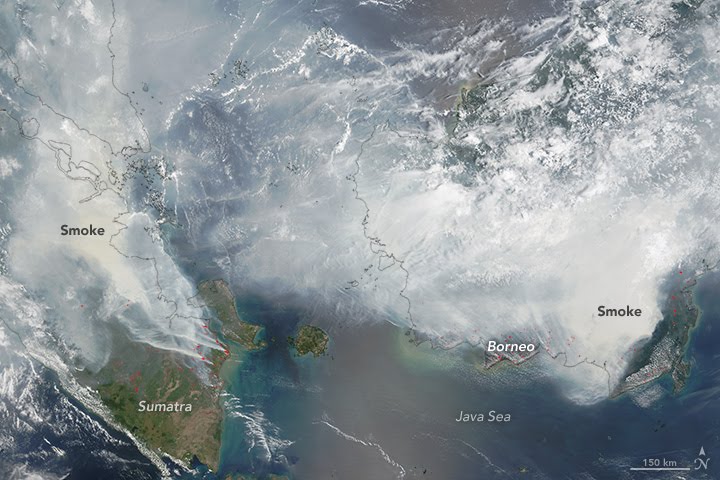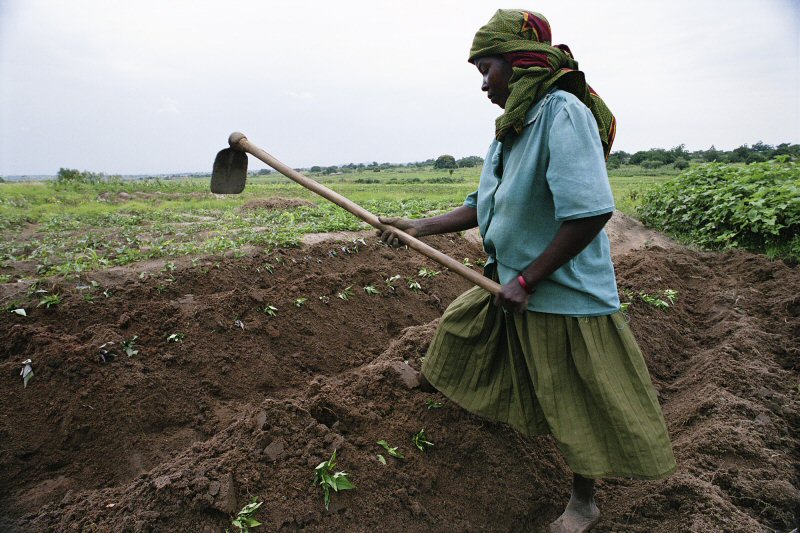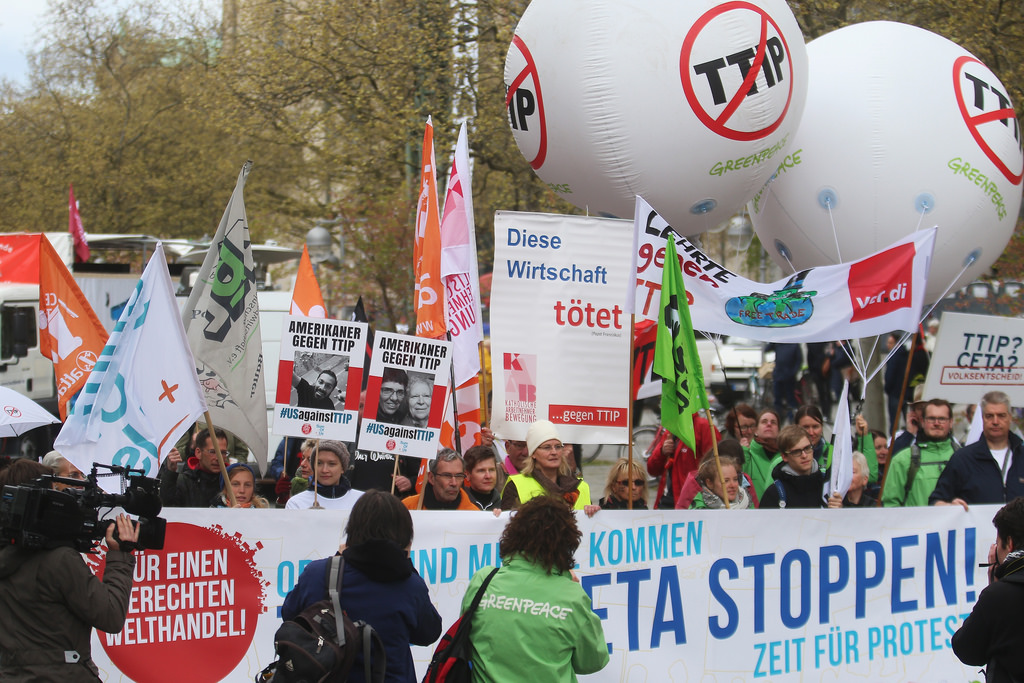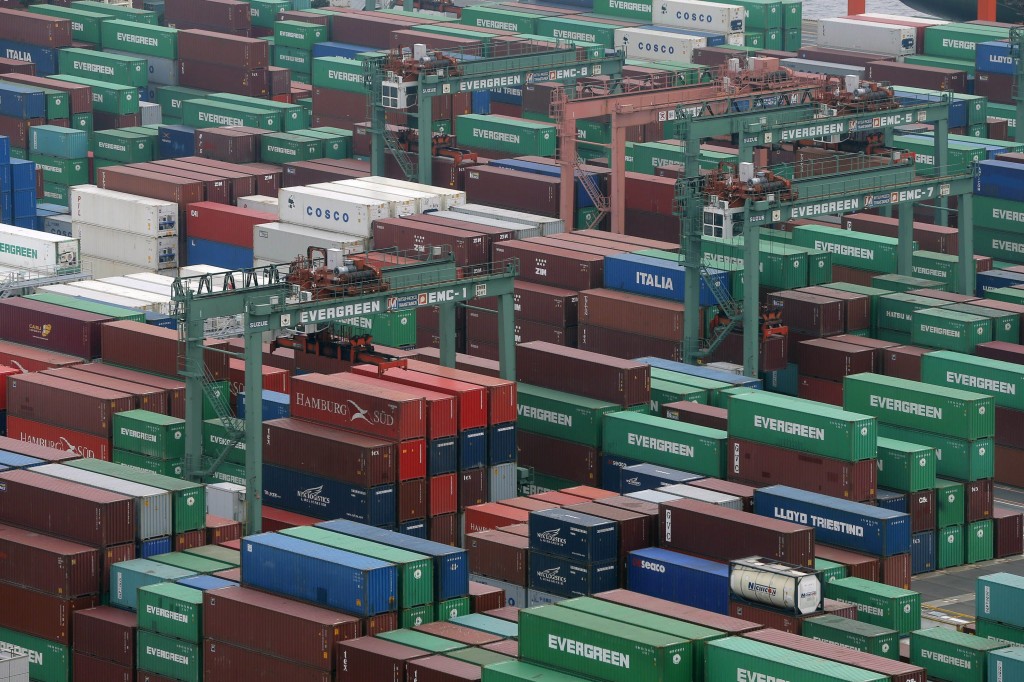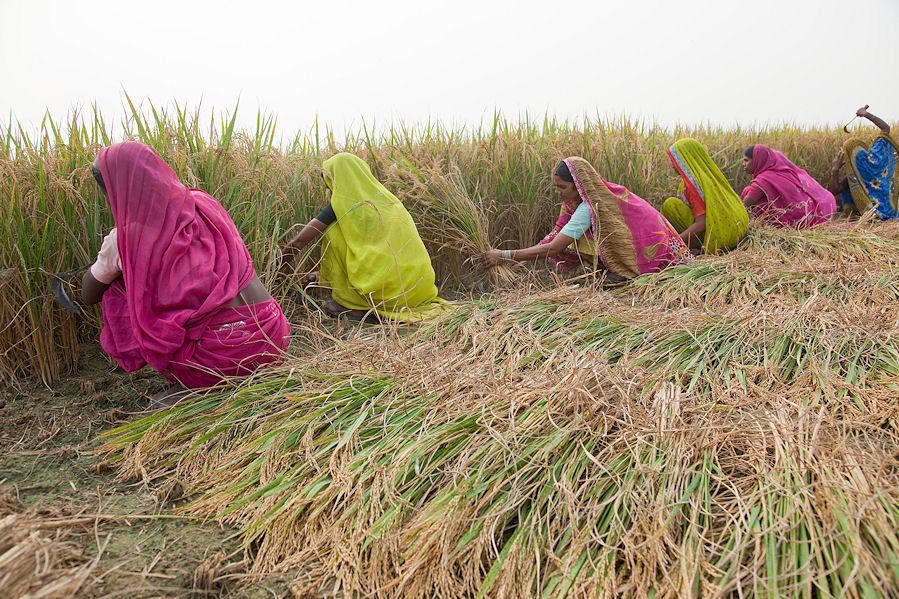Those seeking to influence the design of the CAP post 2020 should understand the process of designing Strategic Plans, and the opportunities and constraints inherent in this process. In a recent working paper, I try to explain how Strategic Plans will be constructed and the key entry points for those seeking to improve the environmental and climate ambition of these Plans. The paper is written from a development perspective but the messages have a more general relevance.
The paper does not discuss how the CAP legislation itself might be improved from an environmental or development perspective. The Parliament’s Committee on Development and Environment Committee have submitted their Opinions to the agriculture committee with a range of suggestions in this regard (the latter still only available in Italian), although few were taken on board in the AGRI Committee voting .… Read the rest

